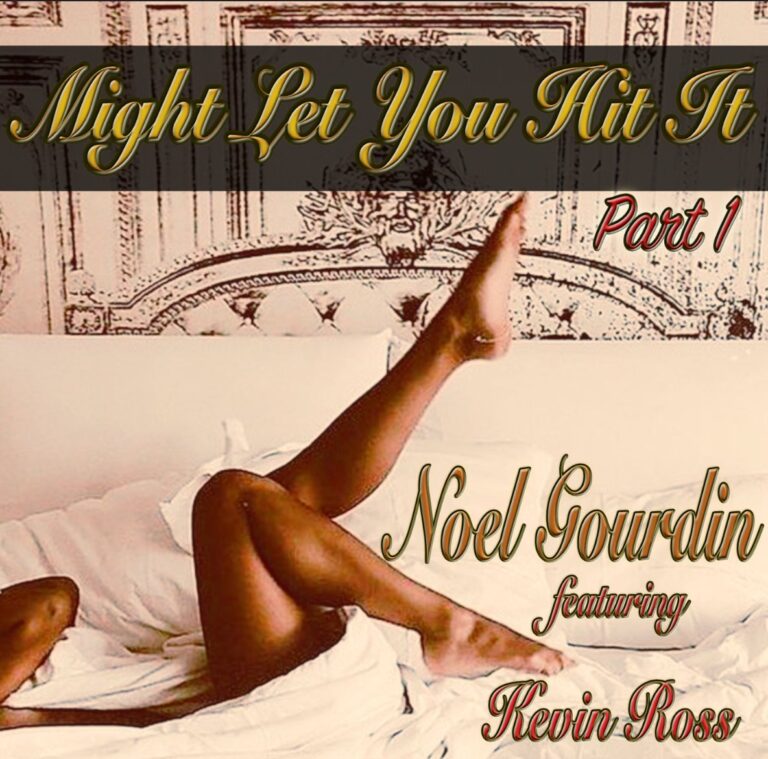Billy Woods rose out of the Brooklyn rap underground as a virtuoso poet, one of hip-hop’s most independent and brilliant minds over the past two decades. He came into his own with abstract 2010s gems like History Will Absolve Me and Hiding Places. He also teamed up with ELUCID for the duo Armand Hammer, on acclaimed albums like Shrines and We Buy Diabetic Test Strips. His indie label Backwoodz Studioz releases everything from rap to avant-jazz. But on Golliwog, he goes for an album full of horror stories. It’s a densely poetic, totally masterful tour de force where Woods lets his expansive imagination run loose in a dystopia where the real-life monsters are scarier than anything he could invent. Welcome to his nightmares.
Woods blew minds with his last album, his 2023 Maps with producer Kenny Segal — a travelogue about a rapper’s world tour, but also a concept album about a Black artist running around the globe in search of any place he can feel at home. As he put it, Maps was “a black Rubik’s Cube,” with obsessive lyrics about hiding inside codes, where you have to speak in cryptic riddles — “cover my tracks with backronyms” — because you never know who’s listening or how they’re scheming to trap you. In one of the album’s most painfully funny moments, the FBI agents listening on the wiretap give up trying to decipher him, complaining, “I think it’s all just rhymes.”
Maps was an invitation as well as a challenge — Woods built a collection of globe-spinning puzzles and dared you to keep up with him, while making it an adventure you couldn’t imagine wanting to pass up. But Golliwog is more of a confrontation, with a bleaker vision. As on Maps, the songs are full of people forced to live in disguise, in the name of survival. As he says in “Corinthians,” “You don’t want to know what it costs to live/What it costs to hide behind eyelids.”
The 18 tracks feature a murderers’ row of underground producers, including many he’s worked with in the past — Segal, the Alchemist, Messiah Musik, Preservation — as well as El-P, Sadhugold, Ant from Atmosphere, Steel Tipped Dove, and Conductor Williams. He also gets guest shots from his longtime collaborator and Backwoodz teammate ELUCID, along with New Orleans rapper Cavalier, Definitive Jux alum Despot, Detroit’s Bruiser Wolf, Massachusetts’ al.divino, and singer-songwriter Yolanda Watson. The music goes for horror-movie ambience, building the dystopian mood with eerie samples of human screams, sobs, phone alarms, howling sax, even an old-school dial-up modem.
Woods gets his title and cover art from a type of rag doll, a racist caricature once common in British and American culture. “When I was 9 years old I wrote a story about an evil golliwog,” he said when he announced the album. “My mother read it and told me it was overly derivative and needed some work. Here we are.”
Woods spins a wide range of horror tales, with his dazzlingly complex wordplay, but they’re mostly rooted in everyday struggle, racism, and conflict. “BLK XMAS,” with Bruiser Wolf, is the gritty story of a family that gets evicted, the week before Christmas. The neighbors watch the children cry, but then they come out and help themselves to the belongings the family had to leave behind on the sidewalk, scavenging for Christmas presents to give their own children. Woods rhymes about finding toys in the pile (“Dolls with they heads missing/Wild-eyed rocking horse, mouth carved into a frown”), creepy gifts for kids growing up in a real-world nightmare, passed on from one hungry child to another, as the cycle continues.
He takes inspiration from the macabre works of Stephen King, as well as authors from Ralph Ellison to Frantz Fanon to Fyodor Dostoyevsky. As he recently told Rolling Stone, “I think a lot of horror is social commentary [on] what people are scared of.” There’s sex vampires, zombies, and voodoo dolls, alongside landlords, cops, and state violence. “BLK ZMBY” moves from the slave ships to the oil trade to the capitalist world where “zombies roam in Ferragamo and Comme de Garcons.” In “Born Alone” he details how death feels so close, he makes sure to wear clean socks every day, over a haunting piano loop.
“Today I watched a man die in a hole from the comfort of my home,” he says in “All These Worlds Are Yours,” a disorienting track with DJ Haram and experimental jazz artist Shabaka Hutchings. “I’m caught, history is a snare,” he declares in “Jumpscare.” “Struggling, rope ever more taut/On my deathbed chuckling about all that time I bought/Afrofuturist Acura Legend on the cinderblocks.” One of the most emotionally intense moments is “Lead Paint Test,” where he, ELUCID, and Cavalier trade their grim childhood memories, over mournful piano and trumpet. Cavalier sums it up when he says, “Every Black life a thriller.”
Woods saves the toughest track for last — “Dislocated” makes a powerhouse finale, with its chant, “I won’t be located.” ELUCID and Woods describe the art of learning how to disappear completely, with an off-kilter jazz track from the L.A. trio Human Error Club. Woods sees a vision of himself trapped by police violence on the street (“Face pressed to the pavement/Knee in my spine/The crowd undulated”) and escapes to where he can’t be found, “in the forest, face painted, fingertips black with charcoal.” He spins image after image of life in hiding: “I played facing the bassist/Miles Davis/I slept in the basement/False pride jotted on the paper/I can’t be located.” Golliwog is a horrorshow that demands — and replays — close attention. But it’s an album that offers no comfort — for Woods, the monsters are everywhere, and survival means keeping on your toes, never more than a step ahead of them.



